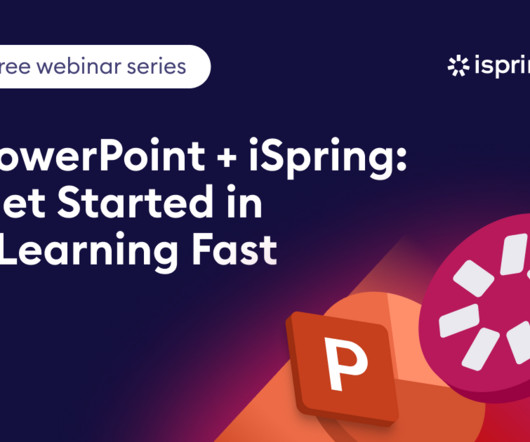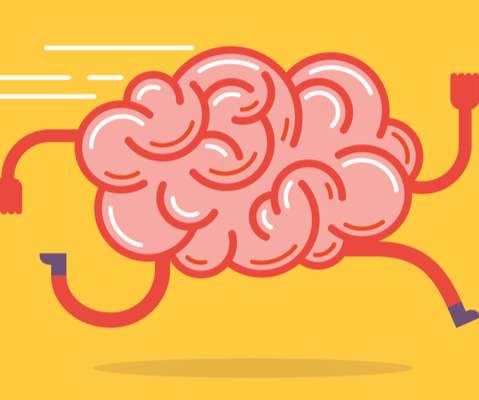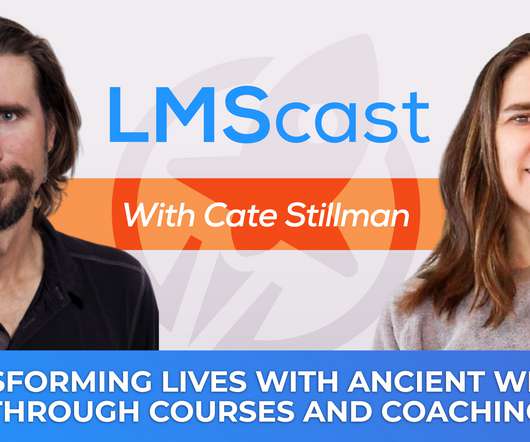Motivation and Success from the Brain’s Perspective: Test Your Knowledge
KnowledgeOne
APRIL 13, 2023
B) In the brain, effort results in the activation of the prefrontal cortex. In the brain, effort results in the activation of the prefrontal cortex, the “control center” responsible for higher cognitive functions, including the ability to analyze information and to identify and correct mistakes. CORRECT ANSWER C.

























Let's personalize your content